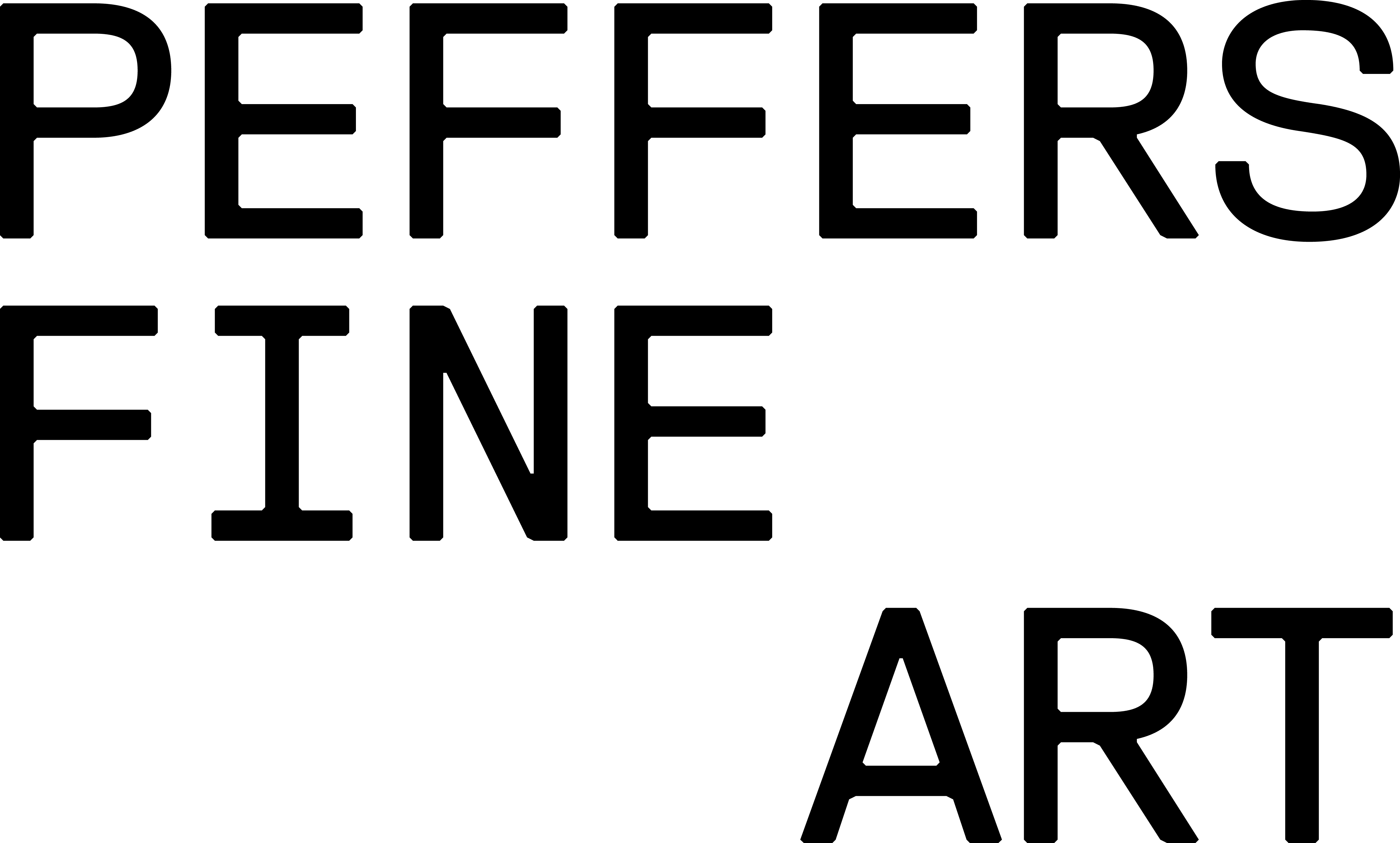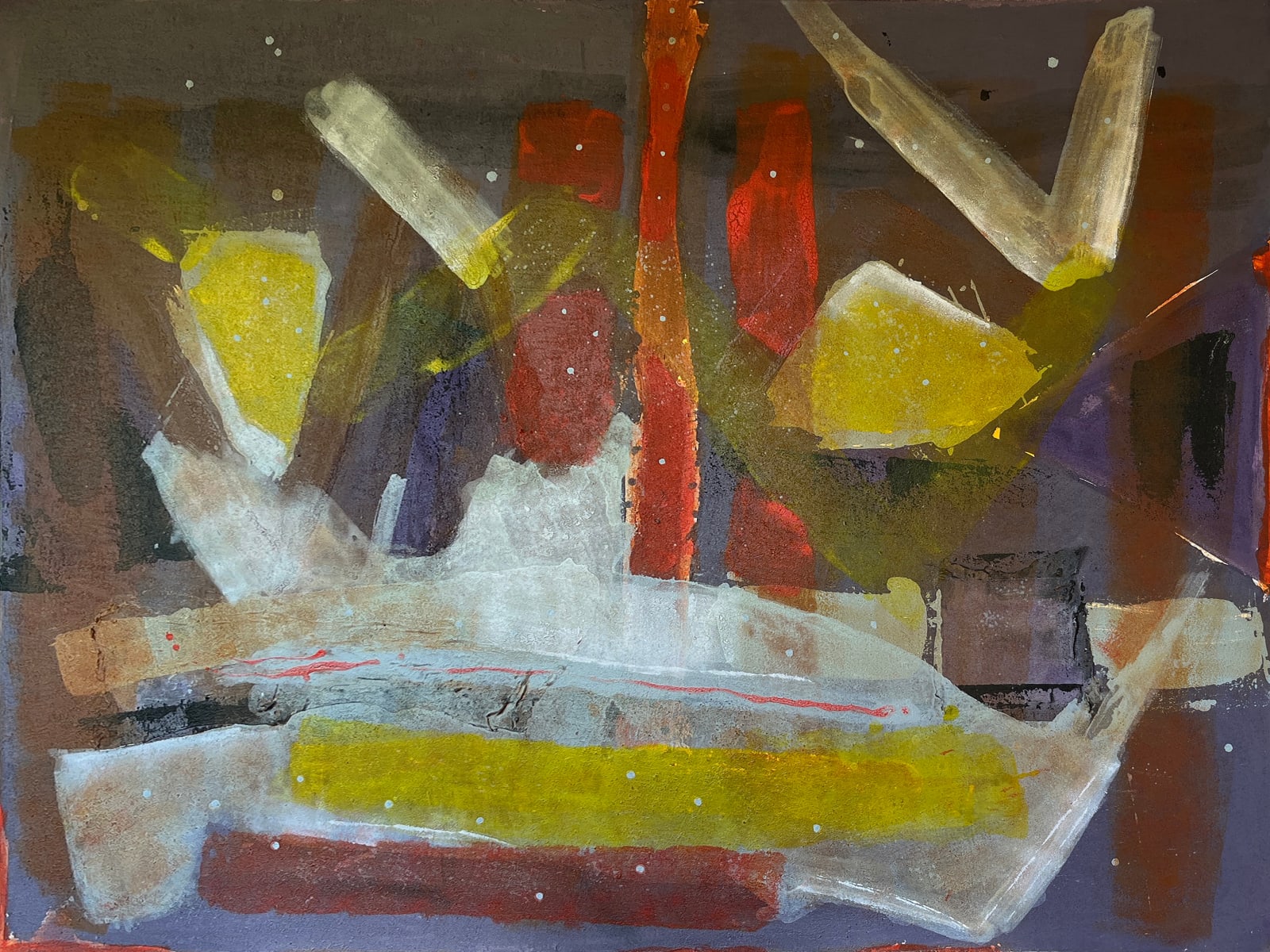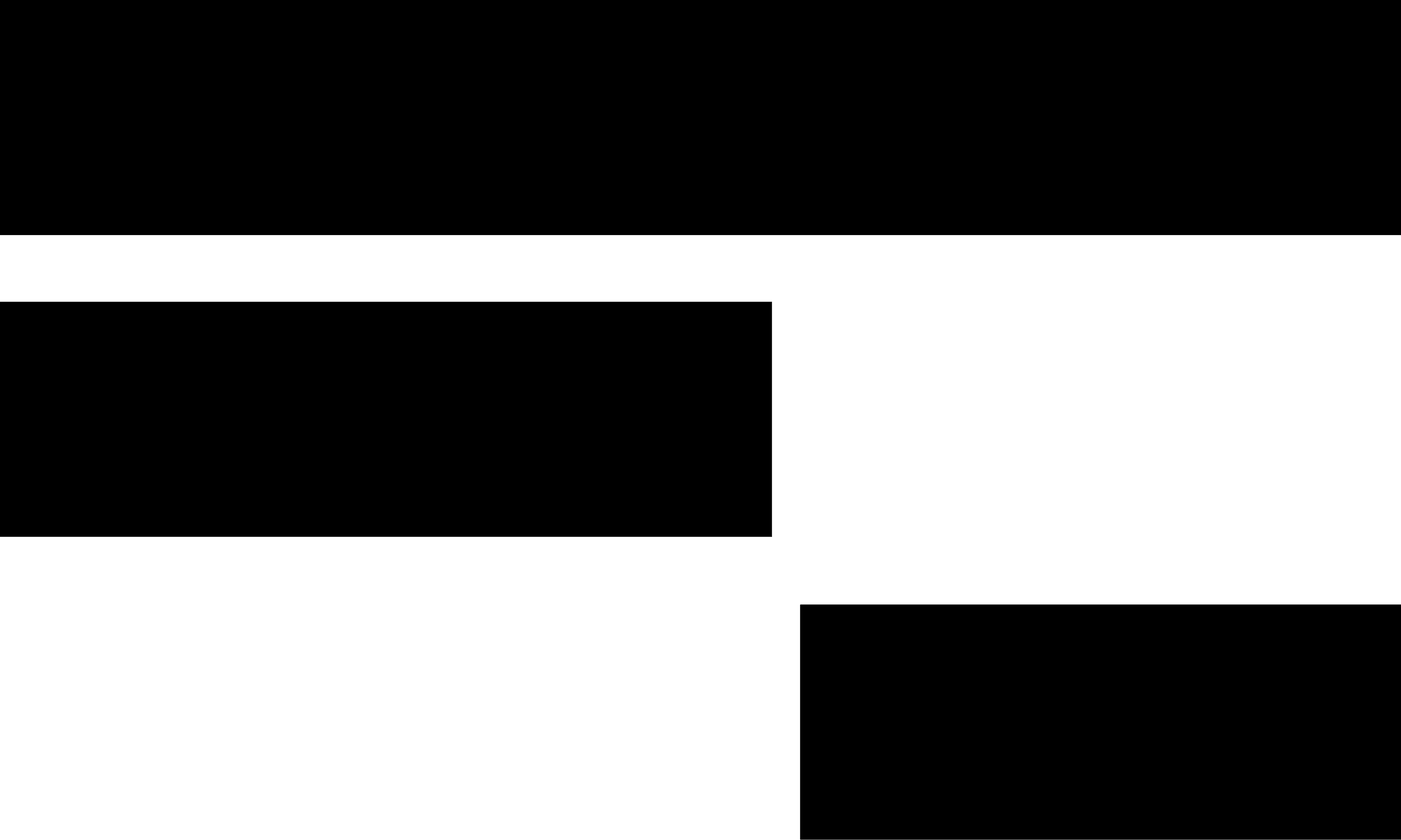Sam Nhlengethwa South African, b. b.1955
Sam Nhlengethwa is well-known for his figure-based paintings and collage works that delve into themes like social history, jazz music, art, and domestic life. Less known is his foray into abstraction stemming from the Tupelo Workshops.
This significant body of work emerged from his explorations into abstract painting during the late 1980s and early 1990s that was greatly influenced by his participation in the Thupelo series of artist workshops organised by David Koloane and Bill Ainslie. These annual two-week workshops aimed, in the words of Koloane, "to inspire artists to research and experiment [with] medium and technique so that they are able to expand their creative vocabulary".
The Thupelo Workshop series, initiated in 1985 in Johannesburg, was a response to the socio-political challenges faced by black artists in South Africa during a state of emergency, and was supported by organisations such as the Johannesburg Art Foundation (JAF), The Federated Union of Black Arts (FUBA), and FUNDA community college in Soweto. The workshops empowered black artists to develop their work in-line with international conventions and without the pressures of the white-dominated art market that prescribed narrative and figurative work. David Koloane emphasised their rejection of the prevailing expectation for Black artists to produce representational work within a marketable ‘township’ genre.
Thupelo was inspired by Antony Caro and Robert Loder's concept of involving marginalised artists in alternative artistic approaches, originating from the Triangle Artists' Workshop in New York in 1982. "Thupelo," derived from the Sotho language, means "to teach by example." These workshops provided a platform for artists to explore, develop their abilities, and experiment, fostering new forms of expression through a rigorous, collaborative process. Their hope was that the artist-run workshop approach and intensive environment would catalyse alternative directions that challenged conventional expectations.
This painting was produced in response to the environment and aims of the programme, and represents the only period in which Nhlengethwa consistently produced abstract work.


